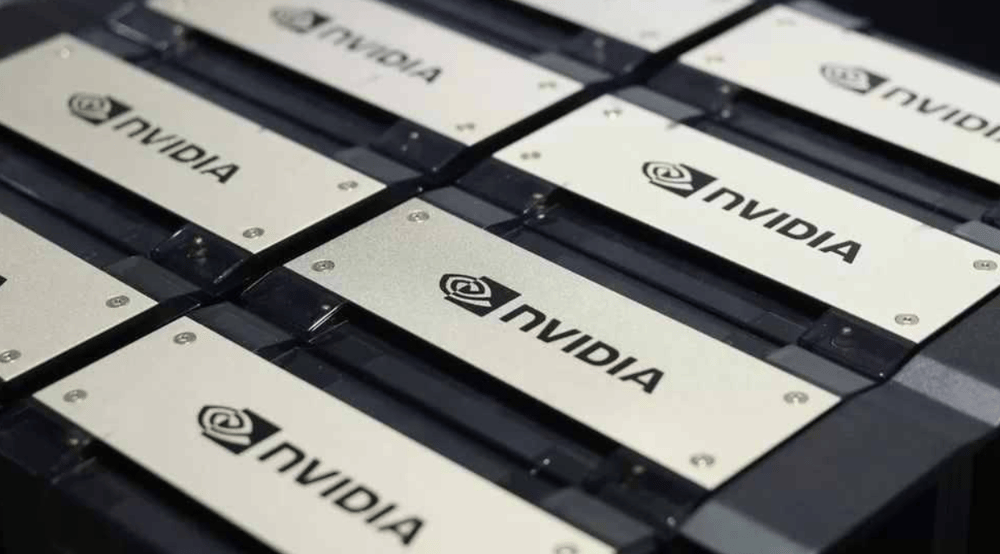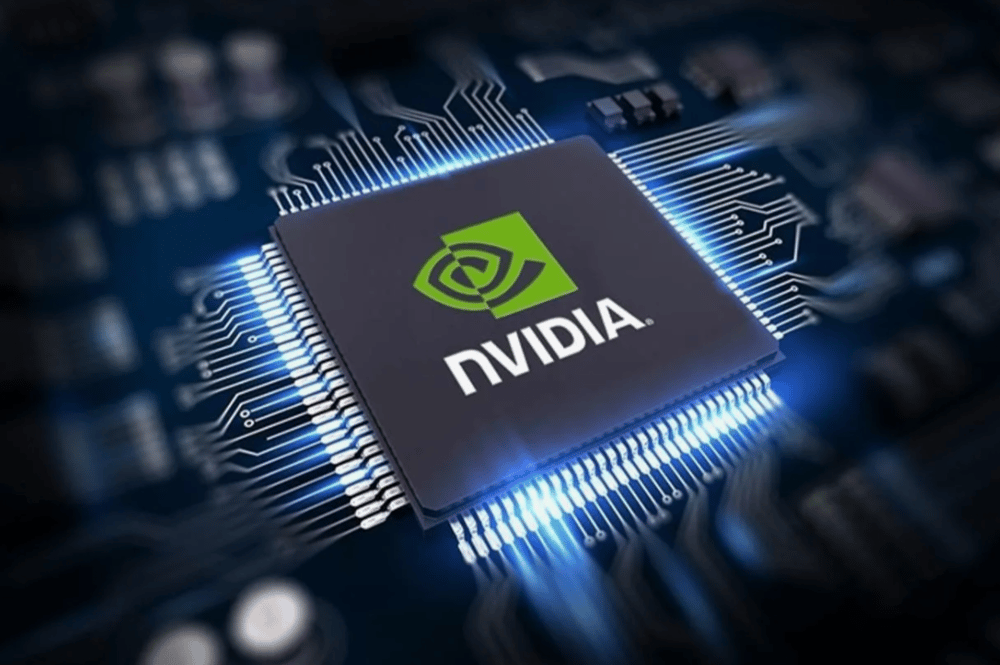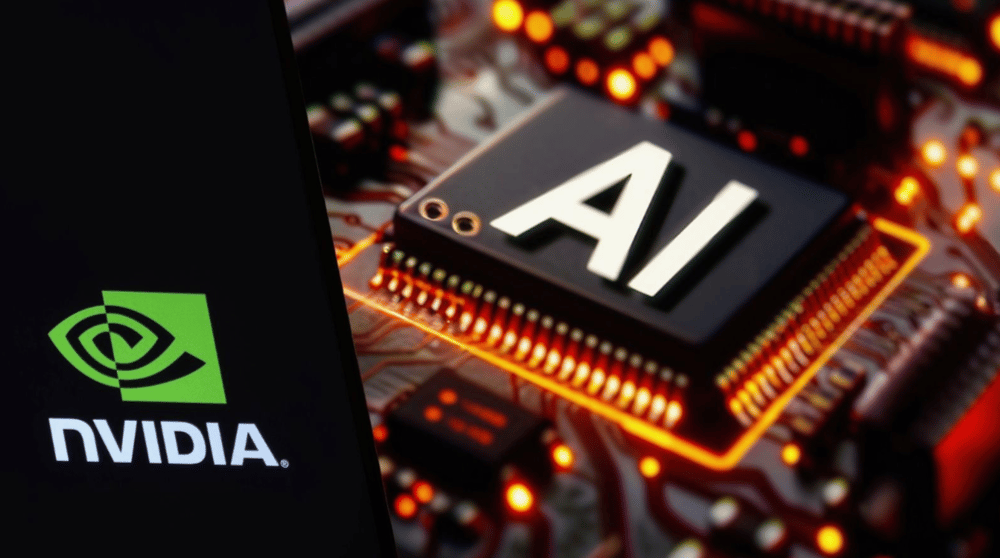U.S. Lawmakers Target AI Chip Tracking Amid Concerns Over Nvidia Exports to China
In a move that underscores intensifying global scrutiny over artificial intelligence (AI) technology, U.S. lawmakers are preparing to introduce legislation aimed at tracking the post-sale location of advanced AI chips, including those manufactured by Nvidia Corporation $NVDA. The bipartisan initiative comes amid escalating concerns about the illegal export and smuggling of high-performance chips into China, in violation of U.S. export control laws.
This legislative development, expected to unfold in the coming weeks, reflects mounting anxiety over the potential misuse of AI technologies for military or bioengineering purposes. It also reinforces Washington’s ongoing effort to limit China's access to cutting-edge semiconductor hardware crucial for training AI models, including chatbots, image generators, and sensitive defense-related systems.
Washington’s Strategic Push to Reinforce Export Oversight
The U.S. government has gradually tightened restrictions on the export of Nvidia’s most advanced AI chips, such as those in the H100 and A100 series, citing national security risks. Both the Trump and Biden administrations have escalated regulatory barriers over the past five years, attempting to slow Beijing’s AI development capabilities.
Recent reports have indicated that large quantities of restricted chips have nonetheless made their way to China through intermediaries or via indirect trade routes. This prompted urgent discussions within Congress about the need for a post-sale tracking mechanism that could monitor the real-world deployment of these high-value semiconductors.

Core Drivers Behind the Legislative Initiative
National Security Concerns: AI chips are essential for creating complex neural networks, some of which could theoretically be weaponized or misused in biological research.
Enforcement Gaps: Despite export restrictions, reports suggest that some U.S.-made chips are being diverted to sanctioned regions, undercutting policy objectives.Technological Accountability: Lawmakers aim to increase transparency within the AI supply chain by requiring manufacturers and end-users to disclose chip locations post-sale.
Cross-party Consensus: The issue has gained rare bipartisan momentum in Washington, signaling a unified front on AI-related export policy.
Implications for Nvidia and the Broader Semiconductor Industry
The proposed law could introduce a new layer of compliance obligations for companies like Nvidia, whose high-performance GPUs are at the core of nearly all modern AI advancements. While the legislation is still in early stages, it could redefine how tech firms track product distribution, manage global inventories, and collaborate with federal regulators.
Moreover, this move may further strain the already delicate relationship between the U.S. and China in the semiconductor space. The two countries are entrenched in a broader technological rivalry, with AI emerging as a critical battleground for economic and military dominance.

Potential Outcomes of the Proposed Regulation
Chip-Level Tracking Mandates Hardware manufacturers may be required to embed traceable components or software into chips, enabling post-sale geolocation monitoring through cloud systems or blockchain-based verification.
Export Certification Expansion Current licensing structures could be expanded, compelling buyers to provide more detailed end-use documentation and undergo third-party verification.
Supply Chain Transparency Regulations The law may enforce stricter reporting requirements throughout the entire semiconductor supply chain, from manufacturers to resellers and distributors.
International Cooperation Pressure The U.S. could push allies to adopt similar measures, aiming for a coordinated global effort to prevent illicit chip transfers to embargoed regions.
Market Volatility and Repricing Risk Tighter controls could influence Nvidia’s export revenues and reshape investor expectations, especially if compliance costs rise or specific markets become inaccessible.
Navigating the Future of AI Hardware Governance
The anticipated legislation represents a significant shift in how the U.S. government aims to regulate the physical flow of AI-enabling technologies. If enacted, it could serve as a precedent for global semiconductor governance frameworks, particularly as AI capabilities expand into more sensitive and dual-use domains. While Nvidia continues to lead in AI chip design and innovation, the company now finds itself at the crossroads of technology and geopolitics — a position that will likely define its strategic direction for years to come.















Comments
This deal could pave the way for a revolution in tech automation
A sale of this magnitude promises to reshape the framework of tech automation